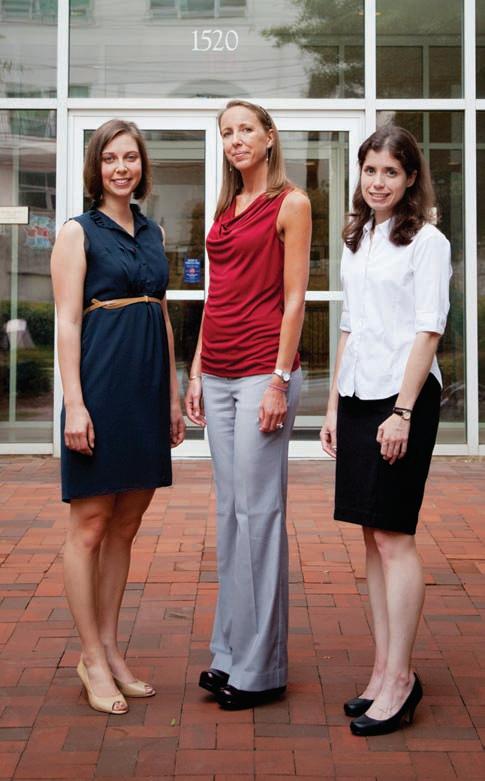
2 minute read
The game of L ife
By Rhonda Mullen n Illustration by Laura Coyle
ife is a fatal condition. Make the best of it. Thus ends a new book that presents a revolutionary approach to health.
In Predictive health: How we can reinvent medicine to extend our best years , Emory physicians Kenneth Brigham and Michael M.E. Johns argue for an essential shift in how we approach health care. The predictive health approach focuses on prediction instead of diagnosis and health rather than disease.
Predictive health, as the authors explain, involves defining what health is and detecting and correcting the earliest unhealthy tendencies long before there is any evidence of disease . It differs from personalized medicine, which is trying to find a drug to fix a problem. Instead it tries to get a step ahead.
“The thinking is a matter of switching your brain a little bit,” says Johns. “It doesn’t mean that we won’t take care of disease when it comes along. But it requires a different way of thinking.”
THE take-away
Hypertension? Take seven steps back. A healthy diet? Move 12 steps forward. The predictive health approach turns the focus from treating disease to nurturing health.
“I like to think I am like my mother,” says author Mike Johns. She is 95, lives in an assisted living facility, and “runs the place.” Her continued engagement is good for her health.
“We don’t have to be a victim of our genetics,” says author Ken Brigham. We can make choices that profoundly influence our health from diet and exercise to meditation and resilience.
This different way of thinking could not only extend life (and quality of life) but also save money. Much of the current health care debate in the United States focuses on who should receive coverage, how much it will cost, and who will pay for it. But too few policymakers or medical professionals have recognized the fundamental flaw in this thinking, according to the authors. They argue that disease and its symptoms are late, sometimes an individual person’s health and measuring the consequences of healthy (or unhealthy) living.
Writing your own prescription
The predictive health approach is about empowering people to take charge of their own health, as opposed to the current topdown structure of doctors telling them what to do. “We are shifting responsibility back to the patient,” Brigham says. “Self-care is the best care, and it is less expensive too. You’re never going to be healthy unless you decide to be healthy.”
While patients can’t change their biology, they can find comfort in knowing that environment and behavior can have major influences on health. That diet and exercise have strong effects on how our body plays its genomic cards was not much of a surprise to those of us who spend our waking moments thinking about human biology. What did, and still does, surprise us (although it probably shouldn’t) is that emotions also affect how genes behave. So what you eat, what you do, and what you feel all matter… Laugh and your genes laugh with you.
The Emory/Georgia Tech Center for Health Discovery and Well Being, which Brigham founded, seeks to empower participants to take








